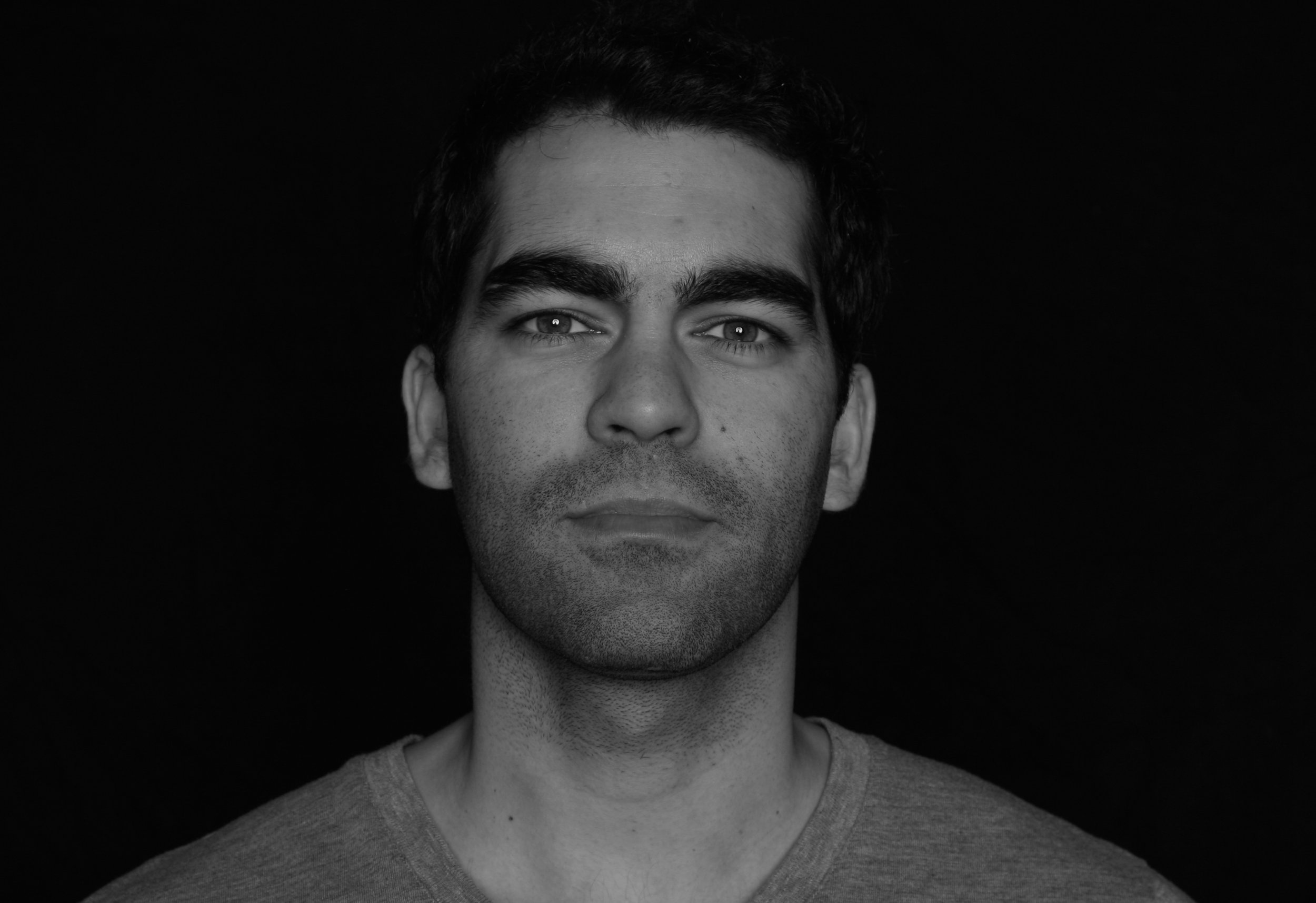The first step to artist-centric streaming? Start listening to artists…
Following three years of intense and furious debates around the economics of streaming, a pan-industry consensus appears to be emerging that significant changes are required to ensure a fairer and more equitable distribution of revenues from services such as Spotify, YouTube and TikTok.
And not before time.
The call for reform, which gathered pace during the pandemic-induced shutdown of live music, was led by artists, songwriters, musicians, managers and producers. It was then acknowledged by the DCMS Select Committee, who, having heard the evidence, promptly called for a “complete reset” of the streaming market. We have now, finally, been joined by the major rights holders. Including the biggest rights holder of them all, Universal Music Group, who, since the start of the year, appear to have set course towards a new kind of “artist-centric” approach – initially via trials with TIDAL and Deezer.
The phrase “artist-centric” certainly sounds seductive – albeit, UMG’s meaning of the term remains, as yet, frustratingly vague.
According to a January statement from chairman and CEO, Sir Lucian Grainge, the UMG vision is for a system that relegates what he calls “lower quality functional content”, while rewarding genuine artists – regardless of whether they are DIY, indie or major. In a letter to staff he described “an innovative, ‘artist-centric’ model that values all subscribers and rewards the music they love. A model that will be a win for artists, fans, and labels alike, and, at the same time, also enhances the value proposition of the platforms themselves, accelerating subscriber growth, and better monetising fandom.”
From here, the detail is a little thin, although we can safely assume it does not involve a user-centric payment system. TIDAL and Deezer were both leading proponents of user-centric – i.e. where a customer’s monthly payment is allocated only to the music they actually play, rather than pooled together with all other subscription income and then shared out on a pro-rata basis. User-centric provides simplicity, strengthens artist-fan connection and overcomes some of the fraudulent activity that streaming can be susceptible to. Presumably though, this is now off the table, replaced by UMG’s “explorations” around new “artist and fan-focussed approaches”.
But the most immediate quirk of UMG’s “artist-centric” vision is the lack of discussion with artists – or with their representative bodies. Or, for that matter, with the rest of the industry.
That the world’s biggest music corporation and its shareholders appear to be calling the shots on behalf of “all” artists, and even attempting to determine what constitutes music or art, feels troubling. It will certainly fuel concerns about the creation of a two-tier system, and of certain repertoire being bestowed preferential status.
This unilateral approach also feels out of step with how the market currently operates.
Artists no longer need to follow analogue rules. Increasingly, the FAC’s members are retaining ownership of their rights, and entering into new types of partnerships with record labels. Many are bypassing labels altogether. According to recent analysis by MIDiA, in 2022, artists signed to indie labels or going directly to market generated in excess of $1bn more in recorded revenue than UMG.
The former also strongly out-performed the wider streaming market, with independent labels and artists direct growing their streaming revenues by 13.9% and 17.9% respectively.
That artists should not be directly involved in conversations taking place in their name, and about how their rights are licensed, is commercially dubious and morally outmoded. It’s also likely to result in future problems. The lack of creator consultation when current streaming models were initially developed is what led us down the road to the DCMS Select Committee in the first place. Excluding artists from deciding what may or may not be “artist-centric” risks repeating the mistakes of the past and placing the music industry firmly on the road of another decade of infighting, distrust and failure to maximise its collective potential.
Meanwhile, a series of well-developed pan-industry workstreams to reform streaming are already underway under the direction of the UK’s Intellectual Property Office (IPO). If UMG really wanted to accelerate change, then they could throw their energies fully into these processes.
Ironically, it is against the backdrop of these IPO forums that artists and the wider creative community have now made explicit the specific reforms that need to happen if the economics of streaming are going to become fairer or more equitable.
Standing under the umbrella of the Council of Music Makers (CMM) with the representative bodies of songwriters, composers, musicians, producers and managers, the FAC was proud to join the united front, calling on the wider industry to help deliver five “artist-and-creator-centric” changes to fix streaming – ranging from minimum digital royalty rates and the opportunity revise outdated contracts, to genuine commitments on transparency and ensuring that the uploading of accurate rights data is mandatory before music can be commercially released, enabling creators to be properly paid.
It is within the gift of rights holders, such as UMG, to unilaterally take these steps to make streaming more artist-centric. Expanding and improving its policy around artists’ unrecouped balances would be one such move, and immediately improve streaming’s returns for thousands of artists.
You can read the CMM’s five points here.
To reiterate what I wrote for Music Ally last year, artists and labels can be prolific partners. However, for good partnerships to thrive, it requires trust and respect on both sides.
The artist and music-maker community have made crystal clear the changes that they would like to see delivered via the IPO, with the issue of remuneration being the number one priority. The Government has been equally unambiguous in their expectations that the industry should work together to resolve current market dysfunctions – or face the prospect of legislation.
So if our friends and partners in the recorded and publishing communities are as committed to change as they say they are, then let’s get down to it. Unilateral experiments will not deliver the reforms that we all agree are required. At the very least, if the goal is to have artist-centric licensing, that’s going to mean putting artists and creative talent in their rightful place at the centre of discussions.
By Featured Artists Coalition CEO, David Martin
*Written as a guest column for Music Ally.


